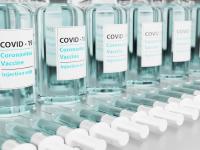These 7 test are necessary after recovering from Coronavirus
By Lokmat English Desk | Published: May 28, 2021 06:10 PM2021-05-28T18:10:23+5:302021-05-28T18:10:23+5:30

Rising recovery rates have provided a bleak glimmer of hope at times like this. Even though the infection continues to spread in an unproportional manner, experts are advising recovered patients at this time to get vaccinated when they can, and more importantly, take care of their health.
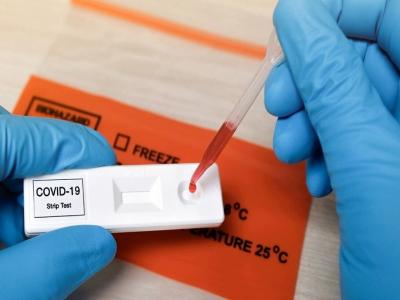
With more severe infections being reported right now, it’s also crucial that patients continue to monitor their health and avoid the risk of additional concerns. That’s why, instead of simply testing negative, post-recovery tests are recommended for patients.
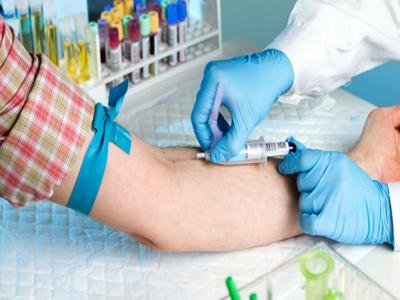
Our immune system fights rigorously to fight off the virus. However, from what has been increasingly observed, the SARS-COV-2 virus can leave long-lasting, lingering side effects long after the viral load has depleted. Apart from long COVID, the virus can impact many vital organs of the body, either directly or hamper immune response. Experts also say that there are several markers in your blood and immune system which can tell to what extent your body is affected by the virus. For example, tests and scans can be crucial to consider if you have gone through a severe infection. With more evidence suggesting that the virus could impact vital organs including the lungs in a profound manner, post-op scans and tests can reveal how well-recovered and healthy you are.
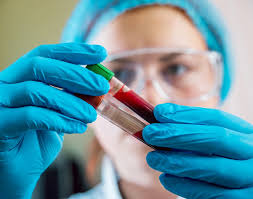
CBC tests are a fundamental test that measures the different types of blood cells (RBCs, WBCs, Platelets etc) and gives you an idea of how well you have responded to a COVID infection. It could also, in a way, guide you to additional measures you may need to take post-recovery.
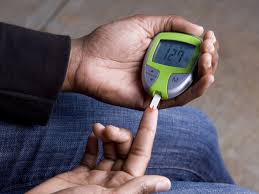
Since the virus is susceptible to causing inflammation and clotting, some people report fluctuations and flare-up in their vital parameters, including blood glucose and blood pressure levels. This is also one of the reasons why COVID+ patients are asked to keep a track of their vitals in recovery. That being said, post-recovery, getting routine function tests such as these could be also crucial if you have pre-existing conditions such as Type-1, Type-2 diabetes, cholesterol or are prone to cardiac complications.

Many patients report neurological and psychological symptoms weeks and months after recovery, which can impact daily functioning. The emergence of these symptoms has now become a matter of concern, with more and more medical experts stressing the importance of brain and neurological function tests weeks after recovery.
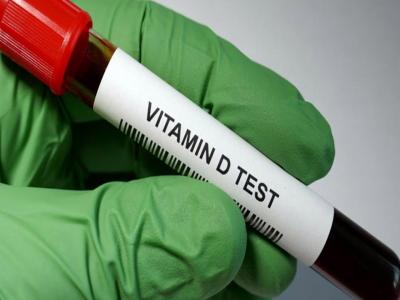
Vitamin D is an important nutrient that supports immune function. Studies have also shown that Vitamin D supplementation could be crucial during recovery and may even help speed up recovery. Therefore, taking an essential test like the Vitamin-D test would give you a fair idea and help deal with any deficiency, if needed.
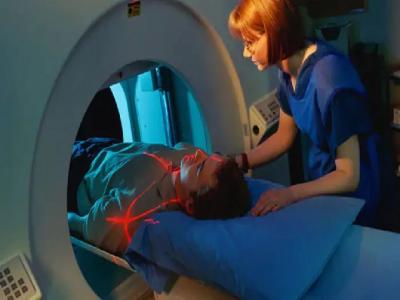
HRCT scans are being hailed right now for their accuracy in detecting disease severity. It also showcases the level of lung involvement caused by COVID-19. While doctors say that most people's lungs recover well after COVID, high levels of involvement and viral infection could leave many dependent on external oxygenation and respiratory support.
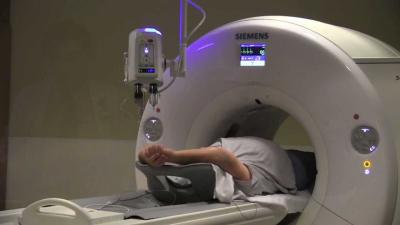
A COVID-19 infection triggers widespread inflammation in the body which causes weakening and damage of important heart muscles, arrhythmias and lead to complications such as myocarditis, which is one of the most common post-COVID recovery problems reported in people. For the ones already prone to heart complication risk, it can also aggravate issues. Thus, getting proper imaging scans and heart function tests should be a priority for people, especially if they suffered from a moderate or severe infection. People who complain of chest pain as their COVID symptom should take special precautions and schedule tests, warn doctors.






















